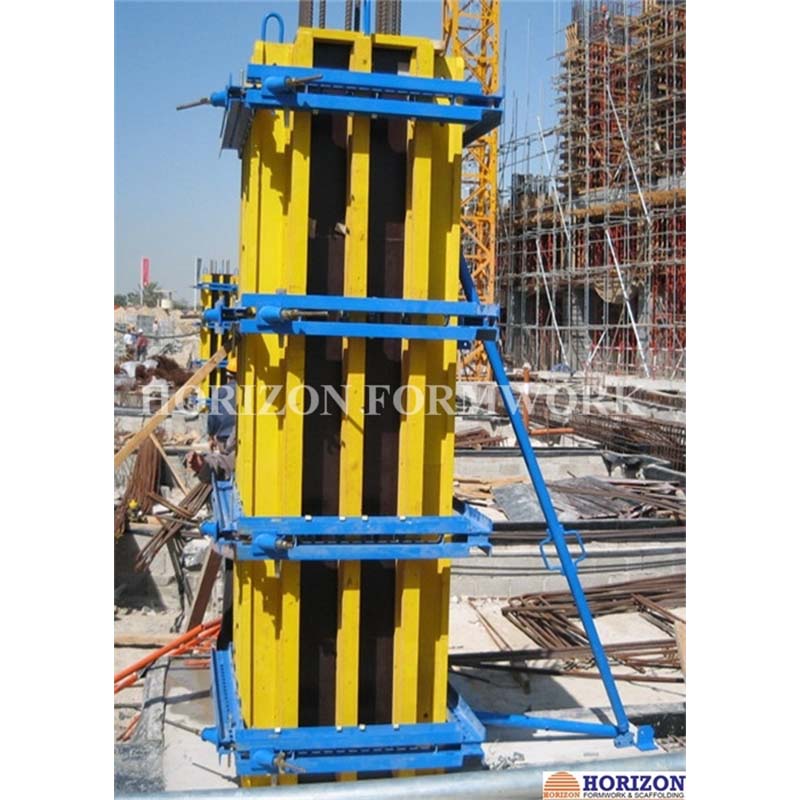Jul . 28, 2024 19:32 Back to list
Innovative Solutions for Commercial Formwork Manufacturing and Construction Industry Needs
The Rise of Commercial Formwork Factories A Cornerstone of Modern Construction
In the rapidly evolving landscape of the construction industry, commercial formwork factories have emerged as a vital component, streamlining processes and enhancing efficiency. With the increasing demand for innovative and sustainable building solutions, these factories are pivotal in supplying the necessary materials and systems that meet commercial construction needs.
Understanding Formwork
Formwork refers to the temporary or permanent molds used to shape concrete into desired structures during the curing process. Traditionally, formwork was constructed on-site, consuming considerable time and resources. However, the advent of commercial formwork factories has transformed this approach, allowing for prefabricated solutions that provide numerous benefits.
Efficiency and Cost-Effectiveness
One of the primary advantages of commercial formwork factories is the increased efficiency in construction processes. By producing formwork in a controlled factory setting, manufacturers can ensure consistent quality and reduce the risk of construction delays. This streamlined production process leads to significant cost savings for construction projects. With less time spent on on-site assembly and fewer materials wasted, developers can allocate their resources more effectively, ultimately lowering overall project costs.
Innovative Materials and Techniques
Commercial formwork factories leverage advanced materials and technologies to produce formwork systems that are stronger, lighter, and more versatile than ever before. The use of aluminum and high-grade plastics in formwork design allows for lightweight solutions that are easier to handle and install. Moreover, innovative techniques such as modular formwork systems enable quick and flexible assembly, which is crucial for projects that require rapid timelines and adaptability.
commercial formwork factory

Environmental Sustainability
As the construction industry increasingly focuses on sustainability, commercial formwork factories contribute significantly to environmentally friendly practices. Prefabrication minimizes waste, as excess materials can be reused or recycled within the factory. Furthermore, by reducing the duration of construction projects, these factories help decrease energy consumption and overall carbon footprints associated with traditional construction methods. Many formwork manufacturers are also exploring eco-friendly materials, ensuring that their products contribute positively to sustainable building initiatives.
Safety and Compliance
Safety is paramount in the construction industry, and commercial formwork factories play a crucial role in enhancing workplace safety. By fabricating formwork off-site, the risk of accidents related to scaffolding and on-site assembly is significantly reduced. Additionally, factories adhere to strict safety regulations and quality control measures, ensuring that the formwork products delivered to construction sites meet all compliance standards.
Future Outlook
The future of commercial formwork factories looks promising, as the construction industry continues to adopt more efficient methodologies. As urbanization accelerates and infrastructure demands grow, the need for reliable and scalable formwork solutions will only increase. Additionally, advancements in technology, such as digital modeling and automation, will likely reshape the production processes within these factories, further enhancing their capabilities.
In conclusion, commercial formwork factories are revolutionizing the construction industry by providing efficient, cost-effective, and sustainable solutions. As the demand for high-quality construction materials rises, these factories will continue to play a crucial role in shaping the future of building design and construction, ensuring that projects are completed safely, on time, and with minimal environmental impact. Through innovation and a commitment to quality, commercial formwork factories are not just adapting to the challenges of modern construction; they are defining its future.
-
High-Quality U Head Jack Scaffolding – Reliable Scaffolding Jack Head Manufacturer & Factory
NewsJul.08,2025
-
High-Quality I Beam H20 Leading Timber Beam H20 Material Factory, Exporters & Manufacturers
NewsJul.08,2025
-
High-Quality Powder Coating Steel Formwork - Durable & Corrosion Resistant Solutions
NewsJul.07,2025
-
Inclined Column Formwork Supplier – Durable & Precise Solutions for Unique Structures
NewsJul.07,2025
-
High-Quality Water Stop Solutions Trusted Water Stop Company & Suppliers
NewsJul.07,2025
-
High-Quality Formwork Material Supplier Reliable Manufacturer & Factory Solutions
NewsJul.06,2025